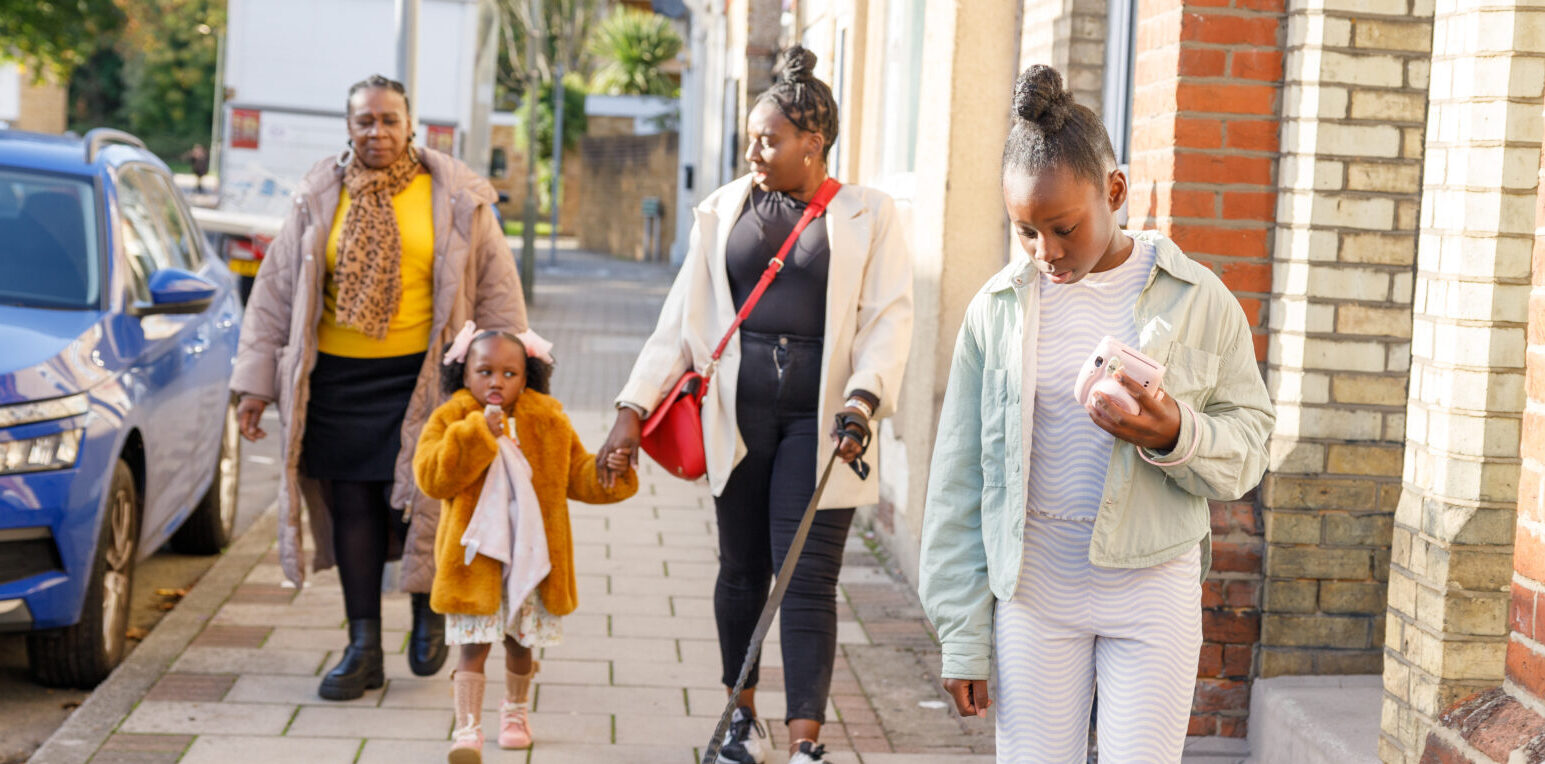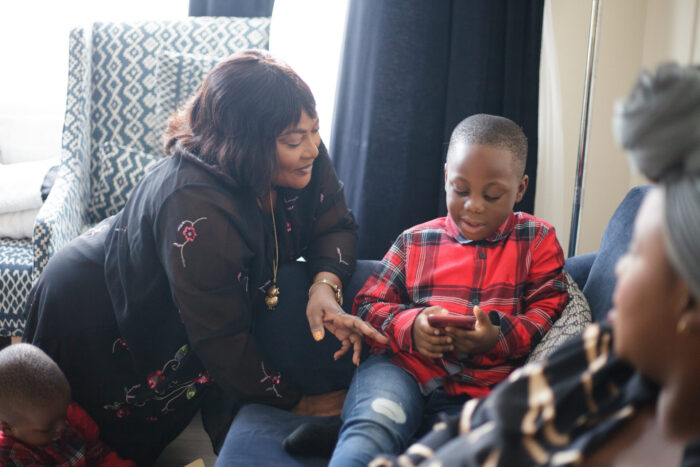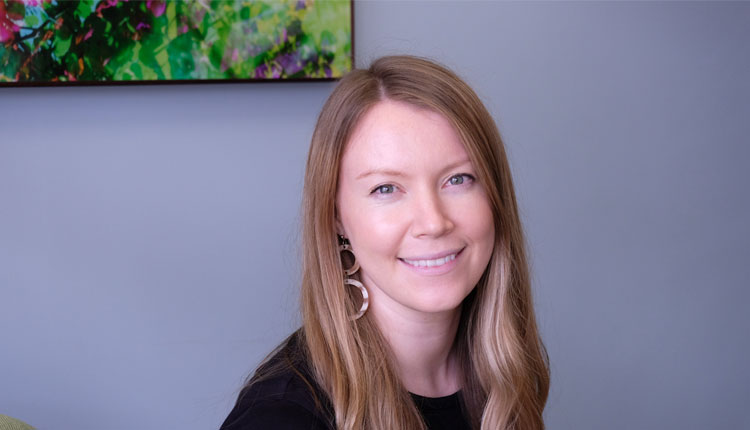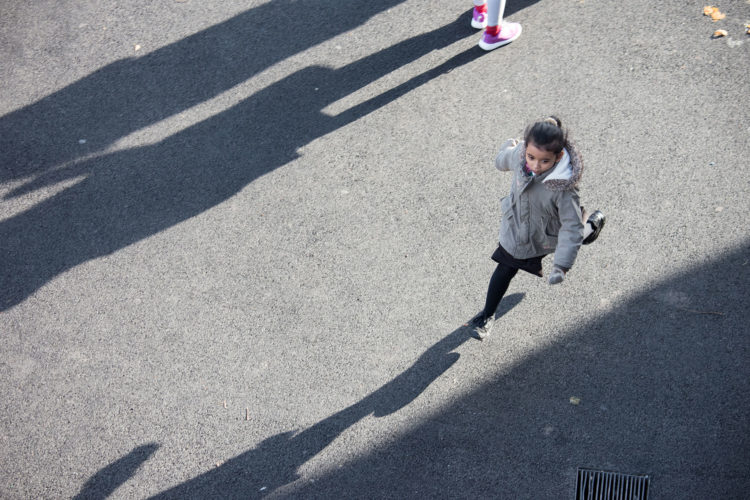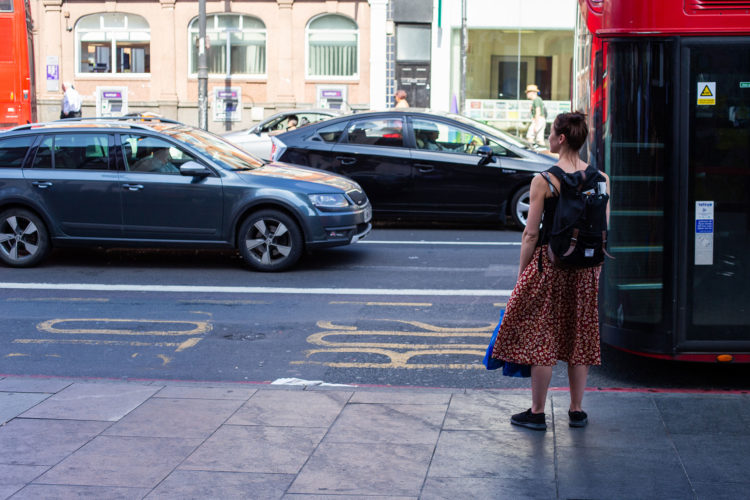Better SEND support for Black and mixed heritage children and families
We commissioned Global Child and Maternal Health to lead a research project to better understand the experiences of Black and mixed heritage children and families when a child has special educational needs or disabilities (SEND).
